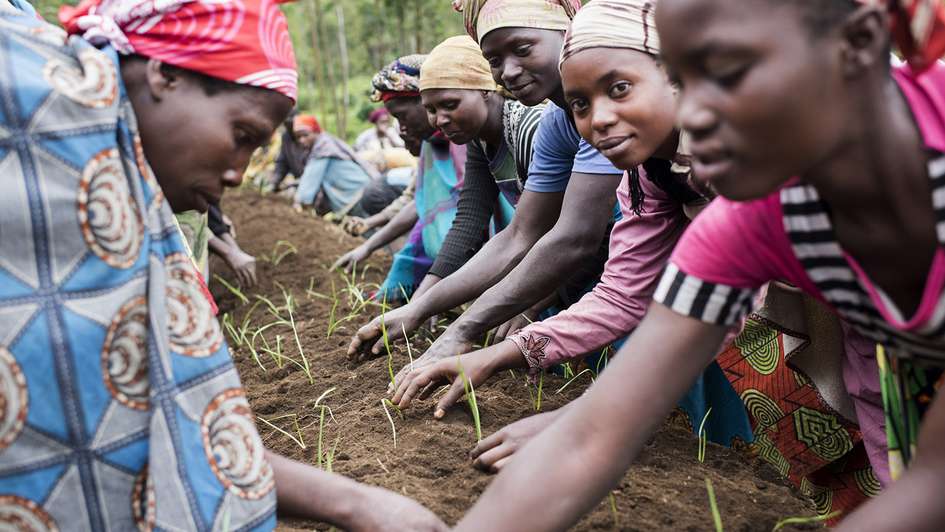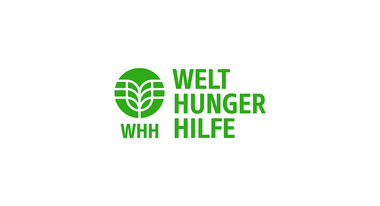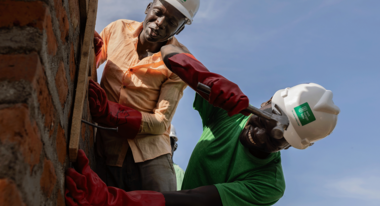Majority for UN Declaration on Peasants’ Rights
Civil Society Organisations Call on the German Government to Implement the Declaration.

[Aachen, Bad Honnef, Berlin, Bielefeld, Bonn, Hamburg, Hamm, Cologne, Wuppertal, 18/12/2018] Yesterday, after years of negotiations, the UN General Assembly passed the “Declaration on the Rights of Peasants and Other People Working in Rural Areas”. This will mean that peasants and other rural workers are better protected against human rights violations. An alliance of 19 German and international organisations working for peasants’ rights, human rights and development is calling on the German government to adopt and implement the declaration. In the final vote in the plenary session of the UN General Assembly in New York, 121 states voted in favour, eight voted against, and 54 countries abstained, including Germany.
“The passing of the UN Declaration on Peasants’ Rights is an important day for human rights. It brings together the rights of peasants and other people working in rural areas in a single human-rights instrument for the first time, giving them special protection”, explains Jan Urhahn from the INKOTA Network. The fight for dwindling resources, such as land and water, has intensified; the diversity of seeds is threatened by the sale and copyright of a few high-yield varieties. People who fight for the rights of peasants are exposed to political violence and persecution.
In this declaration, the UN has clearly defined the rights and responsibilities of states to protect the human rights of peasant farmers and other people working in rural areas. “The UN Declaration on Peasants’ Rights gives guidelines to help states align national legislation with the rights and needs of peasant farmers”, explains Paula Gioia of the AbL and the European Coordination of Via Campesina. “The tricky negotiations have shown that little will change without pressure from peasant movements around the world and from other civil society organisations. We will now start the long battle to ensure they are implemented”, adds Gioia.
The German government has abstained in all votes on the issue: in the UN Human Rights Council in September 2018, in the vote at the Third Committee of the UN General Assembly in November 2018, and in the final vote in the plenary of the UN General Assembly yesterday. “After the UN Declaration on Peasants’ Rights was adopted yesterday, the German government must act now”, demands Marion Aberle from Welthungerhilfe. “It must back the declaration clearly at the UN Human Rights Council and start a process to implement the rights defined in the declaration.” The UN has declared the years 2019 to 2028 the Decade for Family Farming. “There is no better way to start this decade than by ensuring the broadest possible support for the UN Declaration on Peasant’s Rights”, says Aberle.
Agrar Koordination, Aktionsgemeinschaft Solidarische Welt (ASW), Arbeitsgemeinschaft bäuerliche Landwirtschaft (AbL), Brot für die Welt, Bündnis Junge Landwirtschaft, Fair Trade International, FIAN Germany, Forschungs- und Dokumentationszentrum Chile-Lateinamerika (FDCL), Forum Fairer Handel, GEPA – The Fair Trade Company, INKOTA Network, International Federation of Rural Adult Catholic Movements (FIMARC), Oxfam Germany, MISEREOR, Naturland e.V, TransFair e.V. (Fairtrade Germany), Weltfriedensdienst (WFD), Welthaus Bielefeld and Welthungerhilfe.
Welthungerhilfe is one of the largest private aid organisations in Germany; politically independent and non-denominational. It is fighting for "Zero Hunger by 2030". Since its establishment in 1962, more than 8,900 overseas projects in 70 countries have been supported with 3.53 billion euros. Welthungerhilfe works on the principle of empowering people to help themselves: from rapid disaster relief to reconstruction and long-term development cooperation projects with national and international partner organisations.






